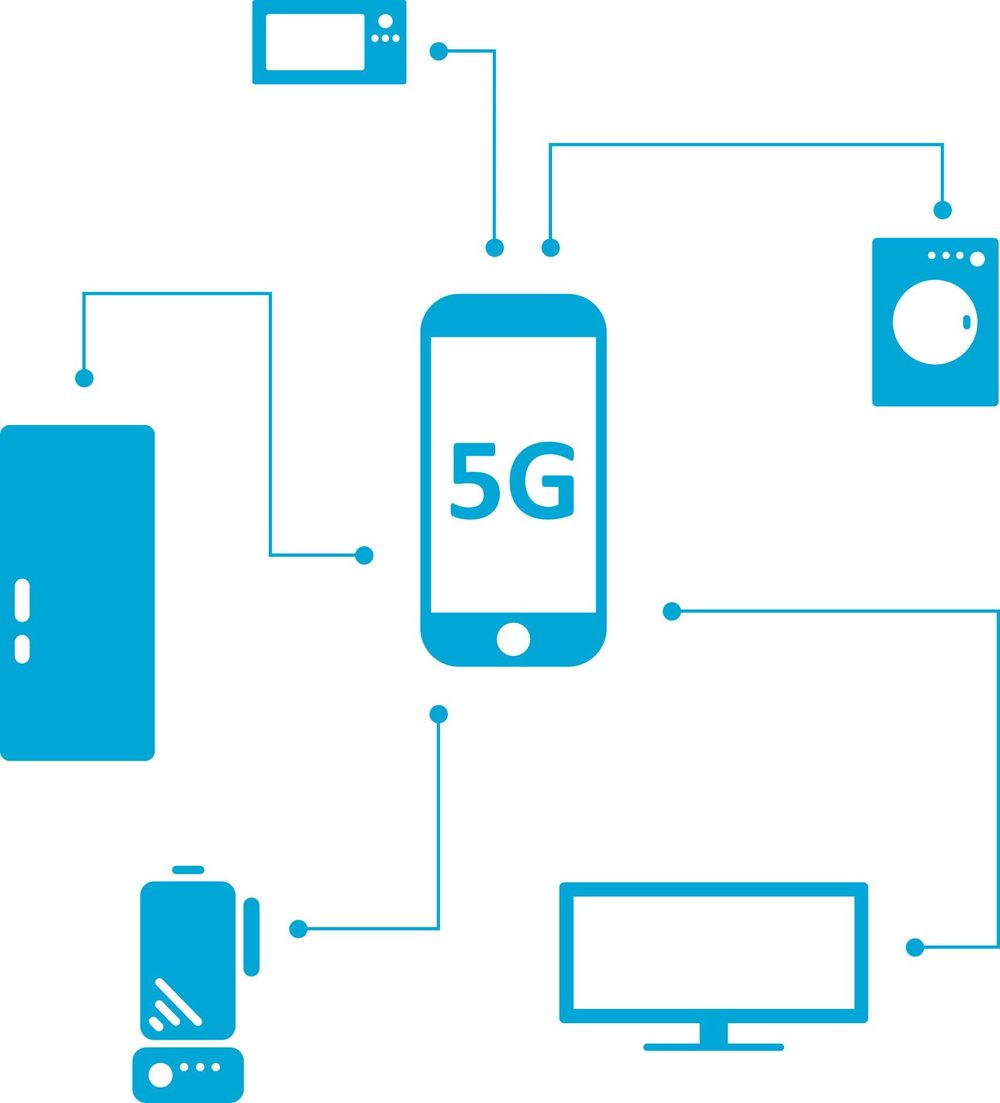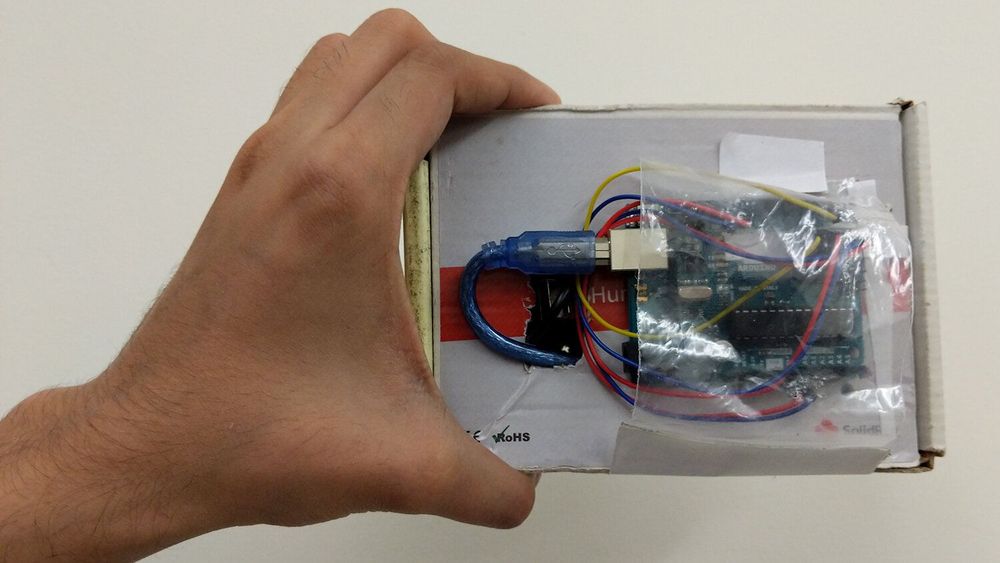Researchers at the University of Waterloo have developed a cheaper and more efficient method for Internet-of-Things devices to receive high-speed wireless connectivity.
With 75 billion Internet of Things (IoT) devices expected to be in place by 2025, a growing strain will be placed on requirements of wireless networks. Contemporary WiFi and cellular networks won’t be enough to support the influx of IoT devices, the researchers highlighted in their new study.
Millimeter wave (mmWave), a network that offers multi-gigahertz of unlicensed bandwidth—more than 200 times that allocated to today’s WiFi and cellular networks, can be used to address the looming issue. In fact, 5G networks are going to be powered by mmWave technology. However, the hardware required to use mmWave is expensive and power-hungry, which are significant deterrents to it being deployed in many IoT applications.









